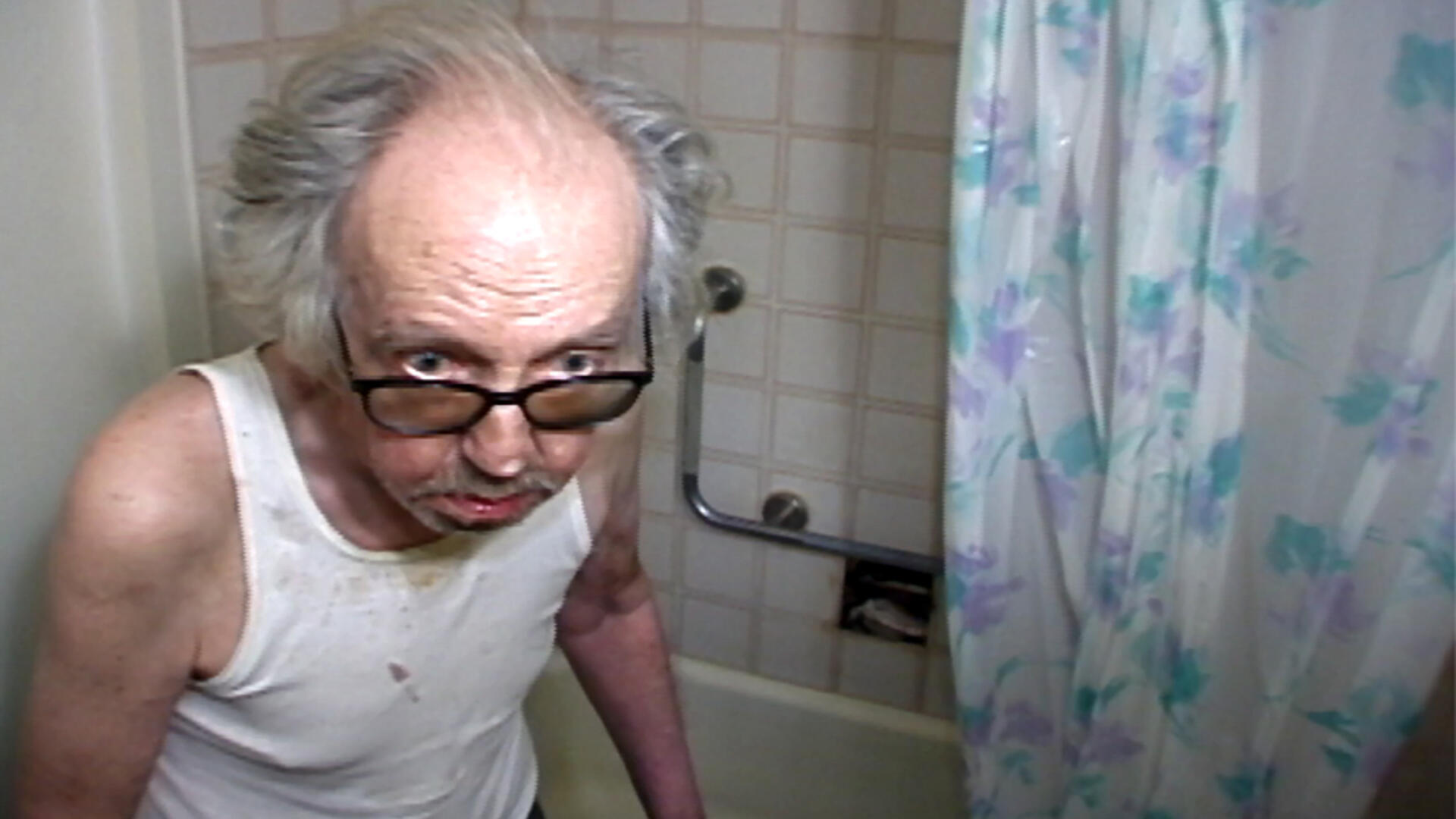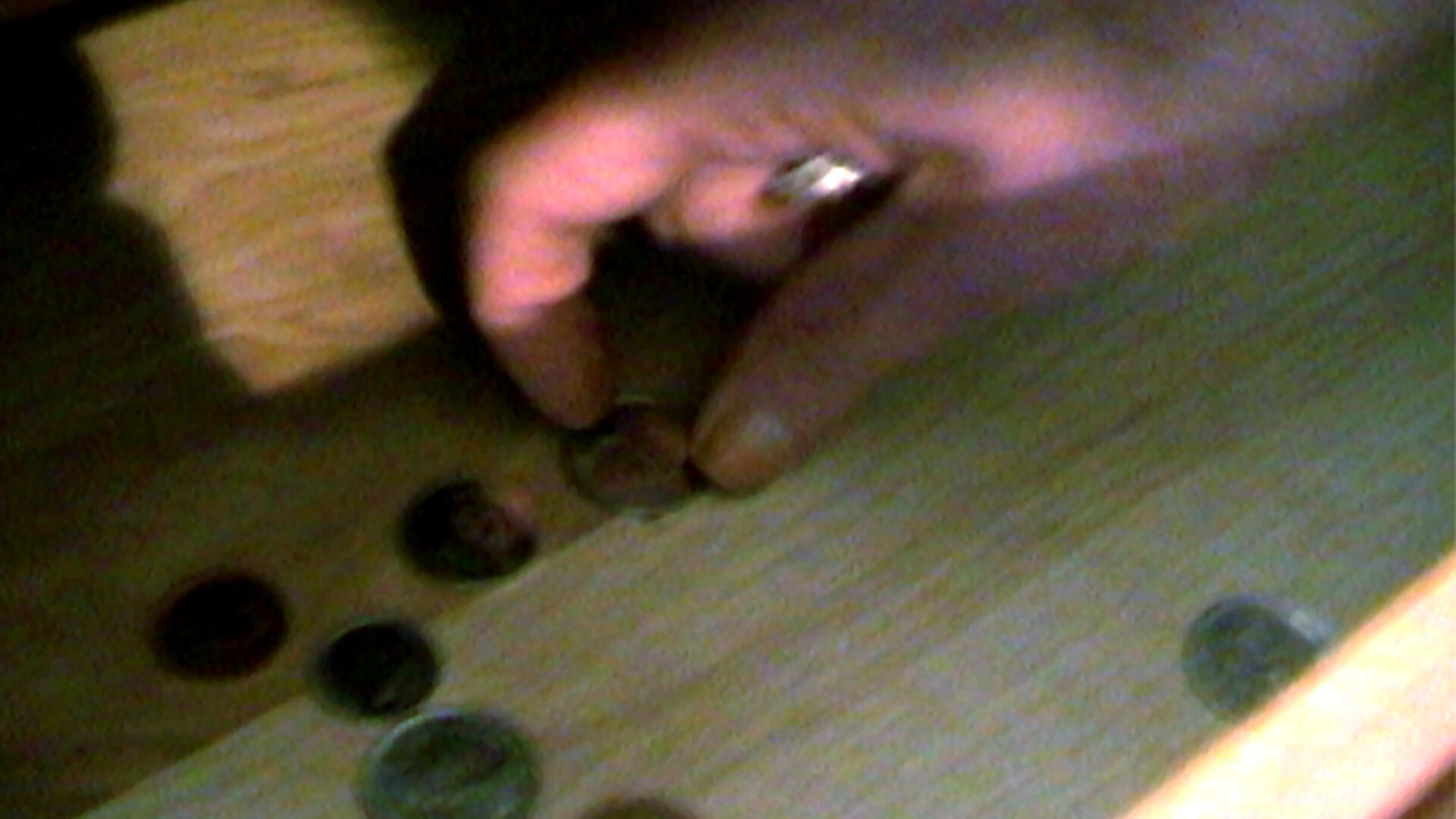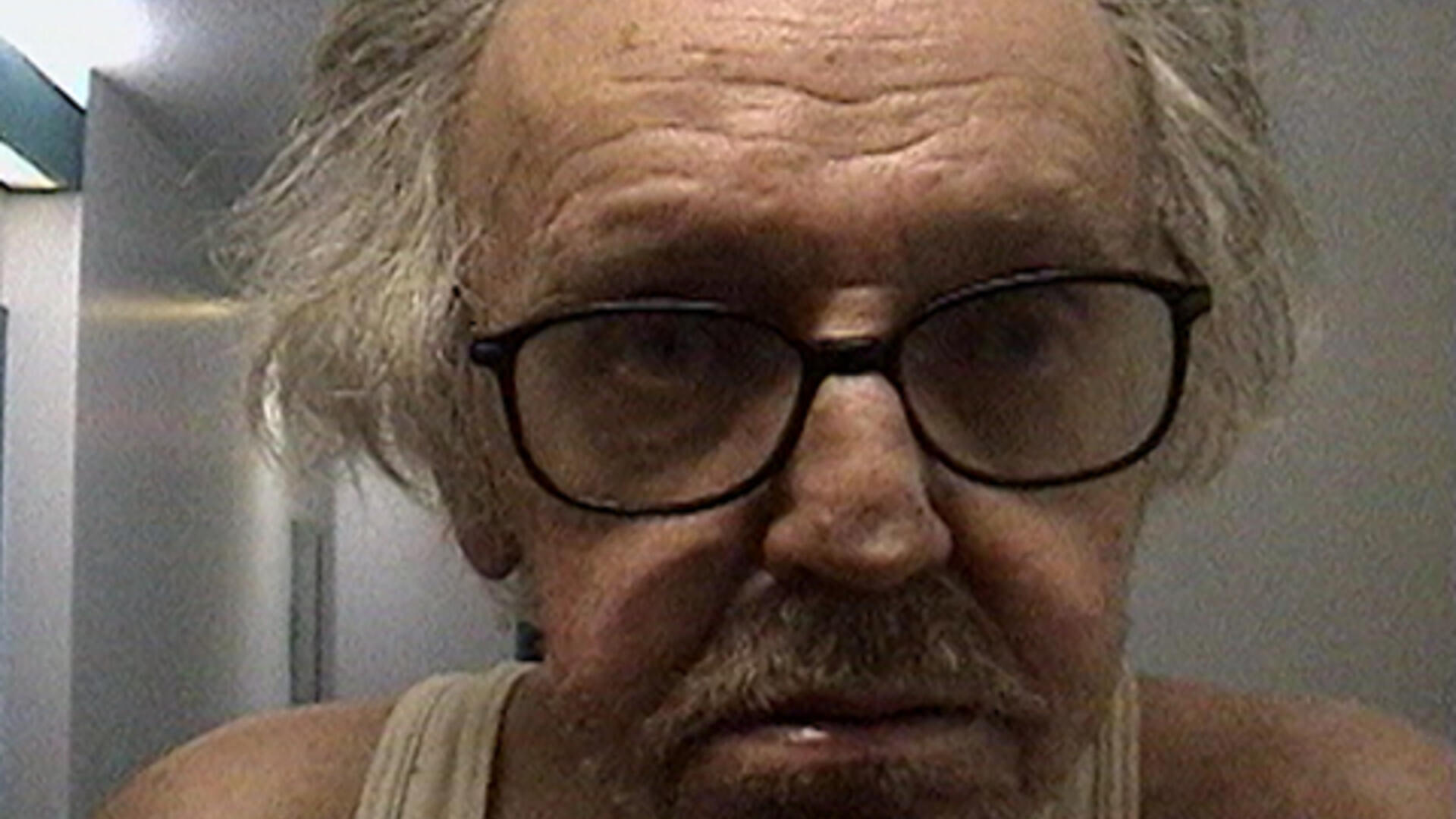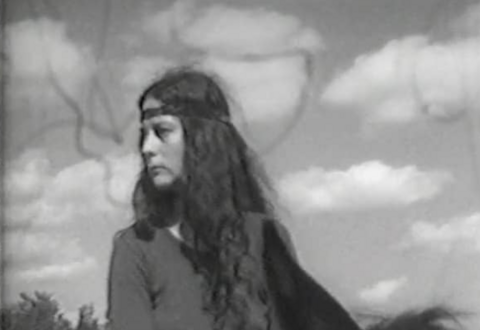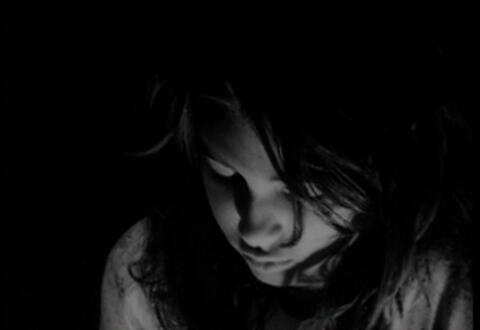My Dinner with Weegee
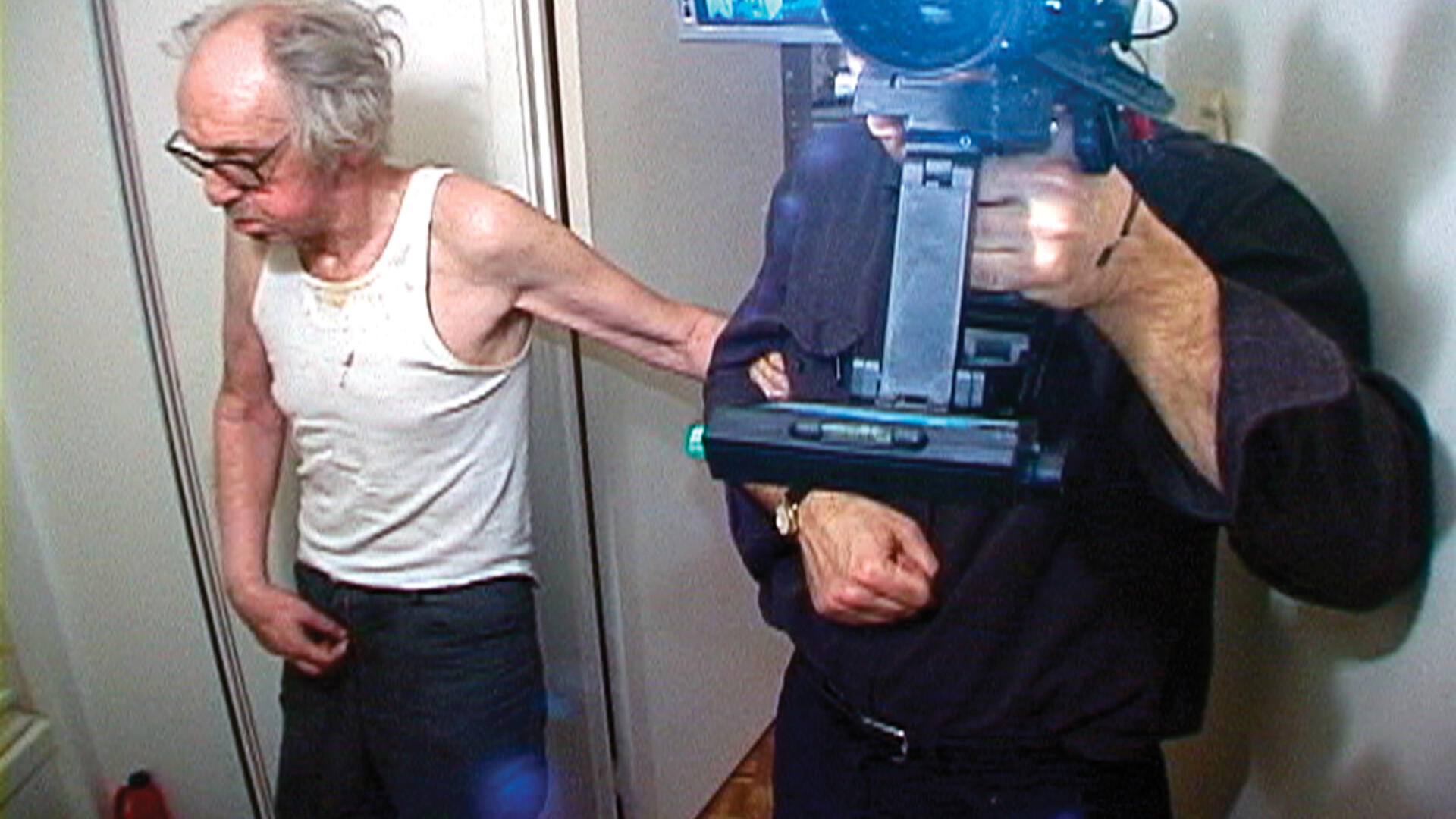
In My Dinner With Weegee is not about the photojournalist Weegee but about Marty, who used to socialize occasionally with him in New York in the 1950s. Now in his seventies, Marty shares with Donigan Cumming his memories of these and other encounters with artists, writers and activists. These lively stories of the past contrast sharply with Marty's desolate old age, which is dominated by bad health, alcoholism, loneliness, and money troubles. In the film Cumming pushes Marty to reveal as many facets of himself as possible, even literally exposing himself while urinating. If, in one scene, Marty's charm shines through as he sings a few bars of a song, in another we see him groping with trembling hands for a bottle of beer.
Cumming is open about his own multi-faceted rôle in the film (and in real life?) as Marty's friend, biographer, caretaker and inquisitor. He alternately helps him take his medication, nags him about his alcoholism, and shares his own memories with the older man. In one scene he swivels the camera back and forth between his face and Marty's, turning his questions about Marty's drinking into a filmic interrogation. And at several points, Cumming recites statements about his own alcoholic past, his decision to leave the USA during the Vietnam war, and his fascination with aging, decline and loss. In spite of the stilted language and stagey delivery, these remarks amount to a confession of sorts, making My Dinner With Weegee one of Cumming's most personally revealing films.
Marcy Goldberg, Visions du réel, 2002
Credits
Technical information
Documentation
Alcoholism, Memories, Loneliness, Ageing






